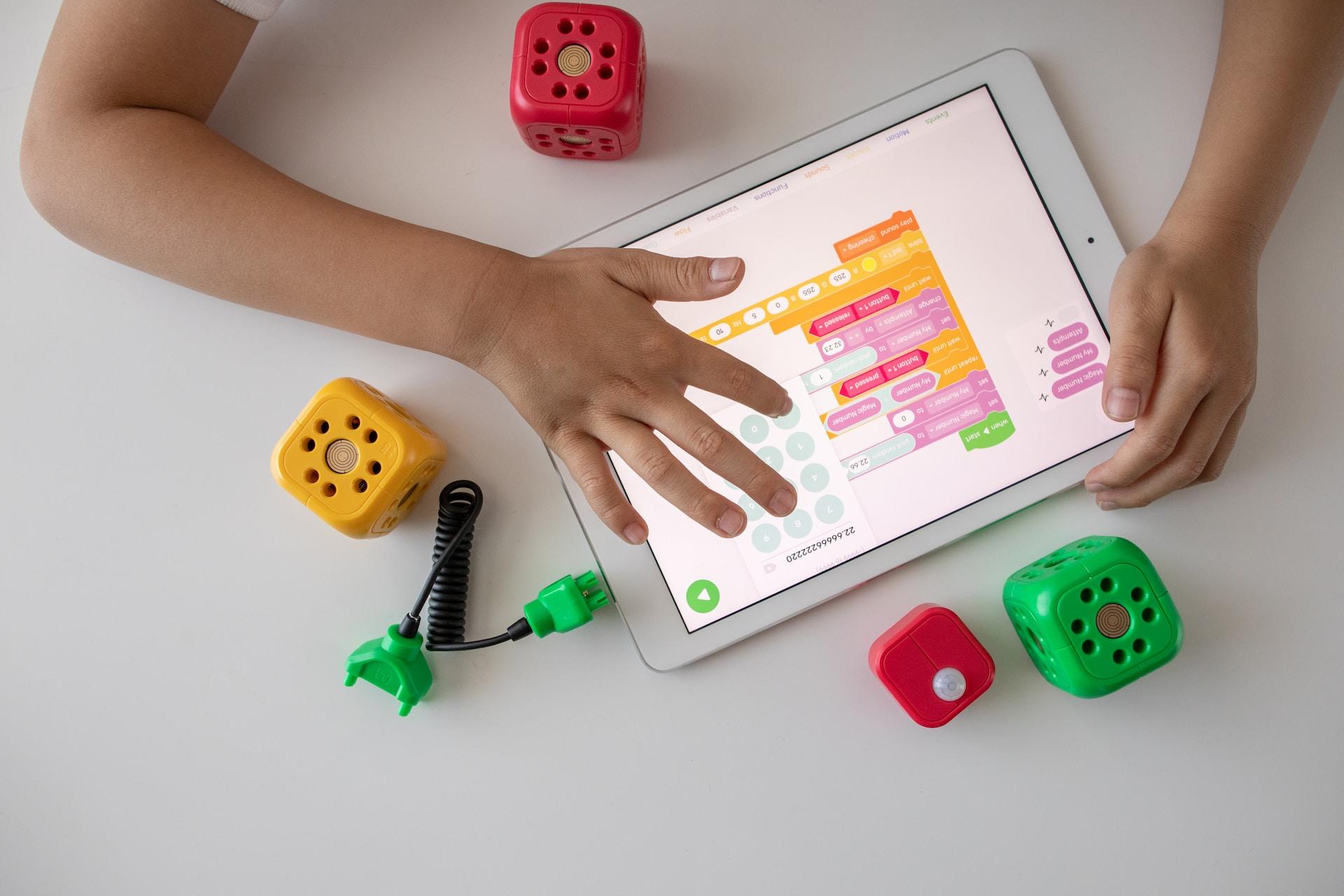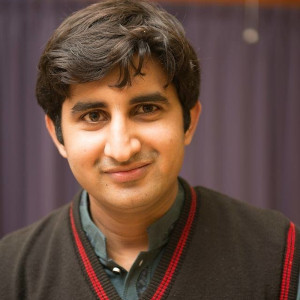Math puzzles and logic challenges have always been favourites among kids who like to solve problems with a twist. These mind-bending challenges improve critical thinking skills and foster an interest in arithmetic and geometry.
Maths puzzles can be incorporated into the curriculum to encourage children to hone their fractions, decimals, percentages, algebra, and geometry skills. With abundant online resources, engaging children in maths puzzles and logic challenges has never been easier.
Are you interested in learning math to handle your finances?

Challenging but Logic Maths Puzzles
Complex maths puzzles challenge children to apply their skills uniquely, taking them out of their comfort zone and into creative thinking. Examples of challenging maths puzzles include the Towers of Hanoi, Rubik's Cube, and Sudoku. These puzzles improve reasoning and problem-solving skills and encourage persistence and perseverance.
Logic math puzzles challenge children to apply logical reasoning principles to solve problems requiring a keen eye for detail. Examples of logic math puzzles include the knight's tour, river crossing, and the fox, goose, and corn puzzle. These puzzles not only improve logical reasoning skills but also help children to think creatively and strategically.
Gain the confidence to tackle mathematical problems and think critically through the support of a maths tutor.
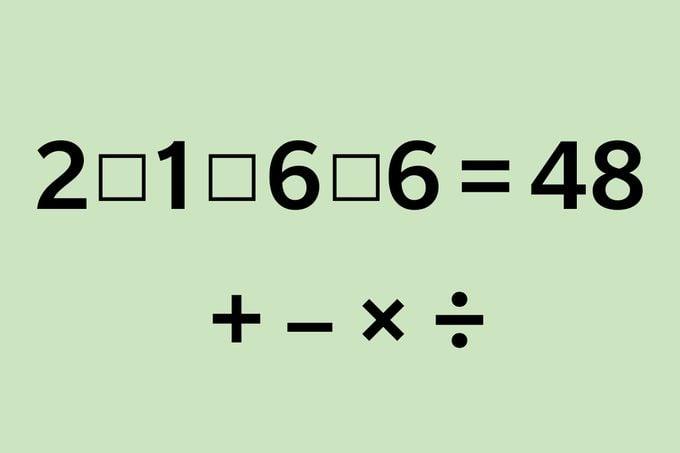
Challenging maths puzzles with answers and logic maths puzzles with answers can be found on various websites and resources. Here are some examples:
- MathsIsFun: This website offers a range of challenging maths puzzles with answers, including puzzles involving algebra, geometry, and arithmetic. They also provide step-by-step solutions and explanations for each puzzle.
- Puzzle Baron: This website provides a range of complex maths puzzles with answers, including Sudoku, KenKen, and Kakuro. They also offer a daily puzzle challenge for children to test their skills and improve their logical reasoning.
- Brain Teasers: This website offers a range of challenging maths puzzles with answers, including the classic Rubik's Cube and Towers of Hanoi puzzles. They also have logic puzzles, word puzzles, and other brain teasers.
- Super Teacher Worksheets: This website offers a range of logic maths puzzles with answers, including puzzles involving riddles, codes, and number sequences. They also provide printable worksheets for children to practise their logical reasoning skills.
Overall, complicated maths puzzles with answers and logic maths puzzles with answers can significantly improve your child's reasoning skills, logical thinking, and problem-solving abilities. Using these websites and resources, parents and teachers can provide engaging and challenging activities that will help children develop their abilities and learn to enjoy maths.
Logic Problems for Kids
Logic problems for kids range from simple to complex, testing a wide range of skills from visualising spatial relationships to analysing patterns. Some famous examples of logic problems include picture puzzles, which require children to make sense of the patterns and sequences depicted by images.
Other examples include lateral thinking puzzles, brain teasers, and riddles. These puzzles promote logical reasoning skills and foster an interest in problem-solving.
Working with a maths tutor is an investment in your academic success and future mathematical endeavours.
Maths Picture Puzzles
Maths picture puzzles require children to use visual clues to solve problems. These puzzles include pattern recognition, number sequences, and geometric puzzles. Math picture puzzles develop visualisation skills and encourage creativity and thought provocation.
Maths Problems for 10-Year-Olds
Math problems for 10-year-olds require children to apply their math skills in real-life situations. These problems include introductory algebra, fractions, decimals, and percentages. Math problems improve skills and encourage children to apply their knowledge in practical situations.
Math problems for ten-year-olds can be found in various sources, including textbooks, online resources, and educational websites. These problems are designed to encourage children to apply their maths knowledge to real-life situations, preparing them for problem-solving in the future.
Architecture is based on geometry and mathematics.

One online resource for math problems for 10-year-olds is Math Playground. This website provides a range of interactive games and activities that help children understand mathematical concepts and apply them to real-life situations. Popular games include Algebraic Reasoning, Grand Prix Multiplication, and Fraction Frenzy.
Another popular educational website for 10-year-olds with math problems is Topmarks. This website features a range of activities and games covering topics such as time, money, fractions, decimals, and percentages. Popular games include Hit the Button, Daily 10, and Fraction Flags.
Math problems for ten-year-olds can also be found in textbooks like the Oxford Maths textbook series. These textbooks provide a comprehensive guide to mathematical concepts and include plenty of problem-solving exercises to help children apply their knowledge in real-life situations.
In addition to digital resources and textbooks, parents and teachers can create their own maths problems for ten-year-olds. These can include coin-counting, calculating percentages in shopping scenarios, and measuring ingredients for cooking or baking.
Overall, math problems for 10-year-olds are essential in improving mathematical skills and encouraging children to apply their knowledge in practical situations. Whether using online resources or creating their own activities, parents and teachers can help children develop their maths skills and prepare them for future problem-solving challenges.
Experience the benefits of individualized attention as a maths tutor tailors lessons to your strengths and weaknesses.
Maths Puzzle Year 5 and Maths Puzzle Year 6
Maths puzzles for year five and year six range from simple to complex, challenging children to apply their maths skills uniquely. Examples of maths puzzles in year 5 include angles and measures, number sequences, and patterns. Maths puzzles in year 6 include algebra, geometry, and problem-solving. These puzzles not only improve maths skills but also promote independent thinking.
Maths puzzles for years five and six can be found in various sources, including textbooks, online resources, and educational websites. These puzzles challenge children's mathematical thinking and problem-solving abilities, preparing them for real-life situations and future learning.
One online resource for math puzzles for years five and six is NRICH. This website provides a range of puzzles and challenges that help children develop their mathematical skills and apply them to real-world scenarios. Famous puzzles include Magic Squares, Factor Lines, and Time to Move.
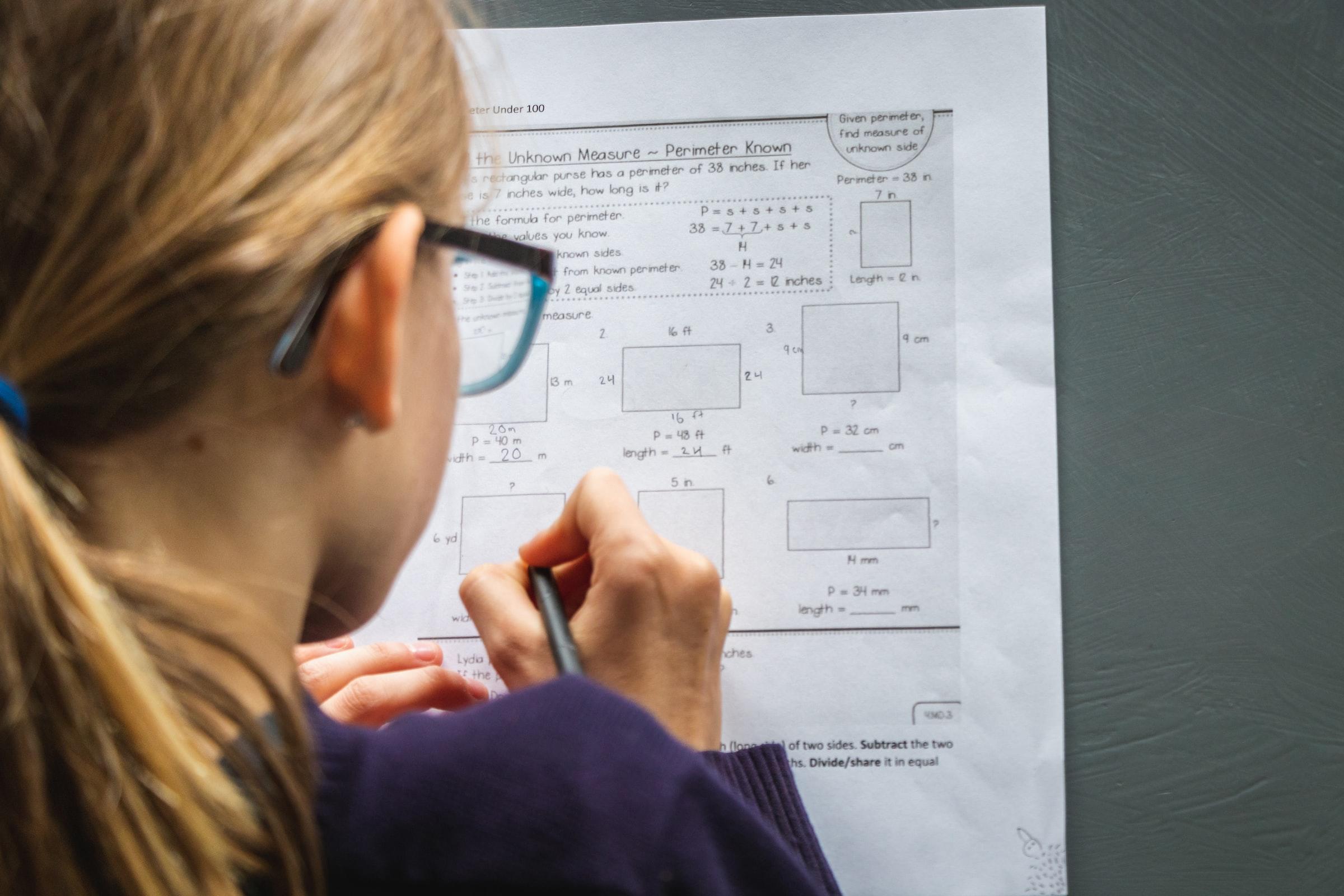
Another popular website for math puzzles for years five and six is MathSphere. This website offers a range of printable puzzles and worksheets covering topics such as decimals, fractions, percentages, and algebra. Famous puzzles include Sudoku, Kakuro, and Number Crosswords.
Maths puzzles for years five and six can also be found in textbooks, such as the Collins Maths Frameworking series. These textbooks provide a comprehensive guide to mathematical concepts and include plenty of puzzles and challenges to help children develop problem-solving skills.
In addition to digital resources and textbooks, parents and teachers can create their own maths puzzles for years 5 and 6 in addition to digital resources and textbooks. These include creating number sequences, designing shape patterns, and solving real-world problems.
Math puzzles for years five and 6 are a fun and engaging way to improve mathematical skills and promote independent thinking. Whether using online resources or creating puzzles, parents and teachers can help children develop their mathematical abilities and prepare them for future learning.
Number Puzzles
Number puzzles are educational games or puzzles that involve numerical expressions or sequences. These puzzles are designed to require children to use problem-solving skills and logical thinking to come up with a correct solution. They are a fun and engaging way to teach children math skills.
Number puzzles are good for teaching children math because they develop critical thinking skills and promote logical reasoning. These puzzles require children to use problem-solving strategies, which helps build their confidence and ability to think creatively. Solving number puzzles also requires children to use different math skills, such as addition, subtraction, multiplication, and division.
In addition to improving children's math skills, number puzzles can provide a fun and low-pressure learning environment. By solving puzzles, children can increase their confidence in math and become more comfortable with numerical concepts.
Number puzzles for KS1 include activities that develop basic maths skills, such as counting, adding, and subtracting. These puzzles include flashcards, number sequencing, and basic problem-solving. Number puzzles for KS1 improve maths skills and encourage independent thinking and creativity.
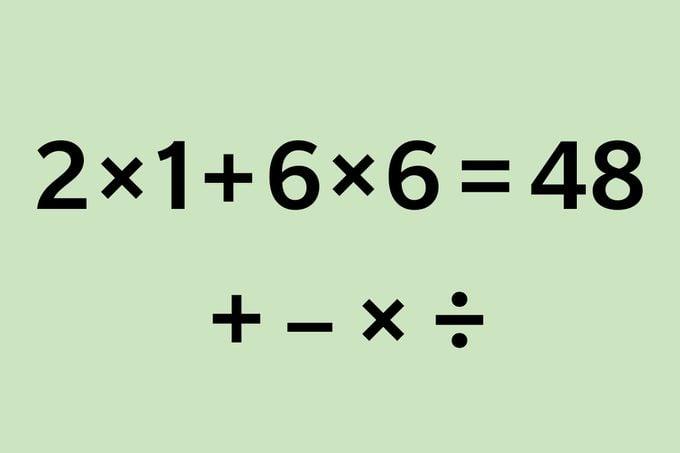
One popular number puzzle beginning with K is Ken-Ken, a Japanese puzzle that requires children to use basic arithmetic to fill in a grid with digits. The puzzle involves breaking squares into smaller regions, with each region having a unique value ranging from 1 to 9. This number puzzle improves basic arithmetic skills and promotes logical reasoning and spatial awareness.
Math puzzles and logic challenges are exciting and engaging ways to improve critical thinking skills, encourage independent thinking, and foster an interest in arithmetic and geometry. Challenging math and logic maths puzzles with answers challenge children to apply their skills uniquely. In contrast, math picture puzzles and logic problems help kids develop spatial awareness and pattern recognition.
Math problems for ten-year-olds and maths puzzles for years five and 6 enable children to apply their knowledge in practical situations and develop independent thinking. Using number puzzles like Ken-Ken adds variety to the maths puzzle repertoire. With numerous online resources, maths puzzles and logic challenges can be easily incorporated into the curriculum to make learning fun and engaging.
Here, we explain how crypto-currencies and blockchains are based on mathematics.
Summarise with AI:

